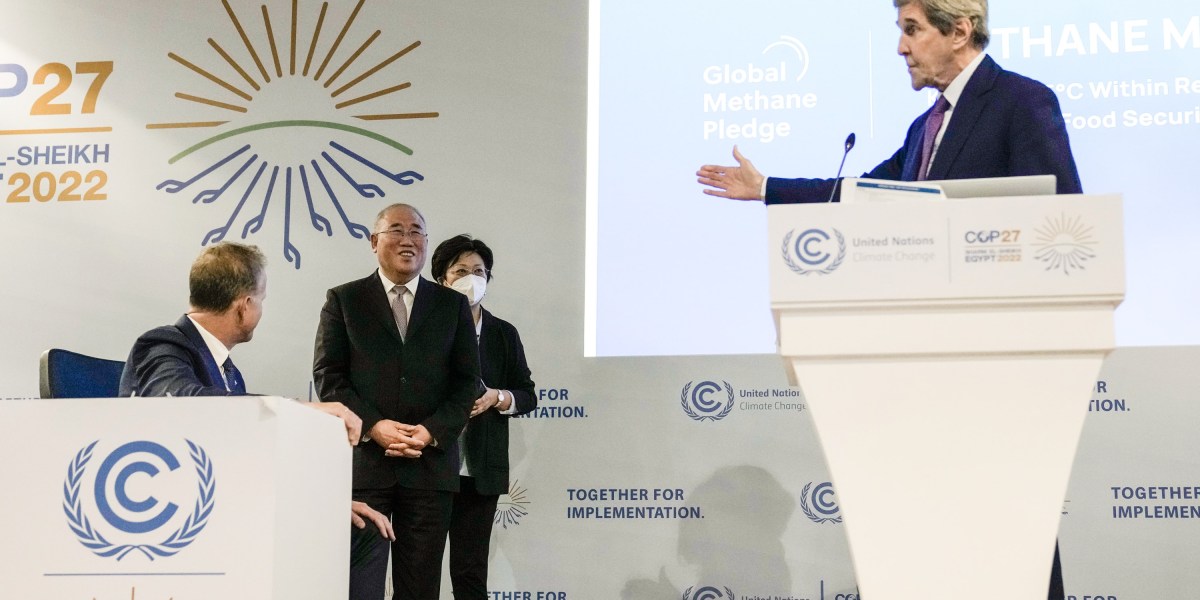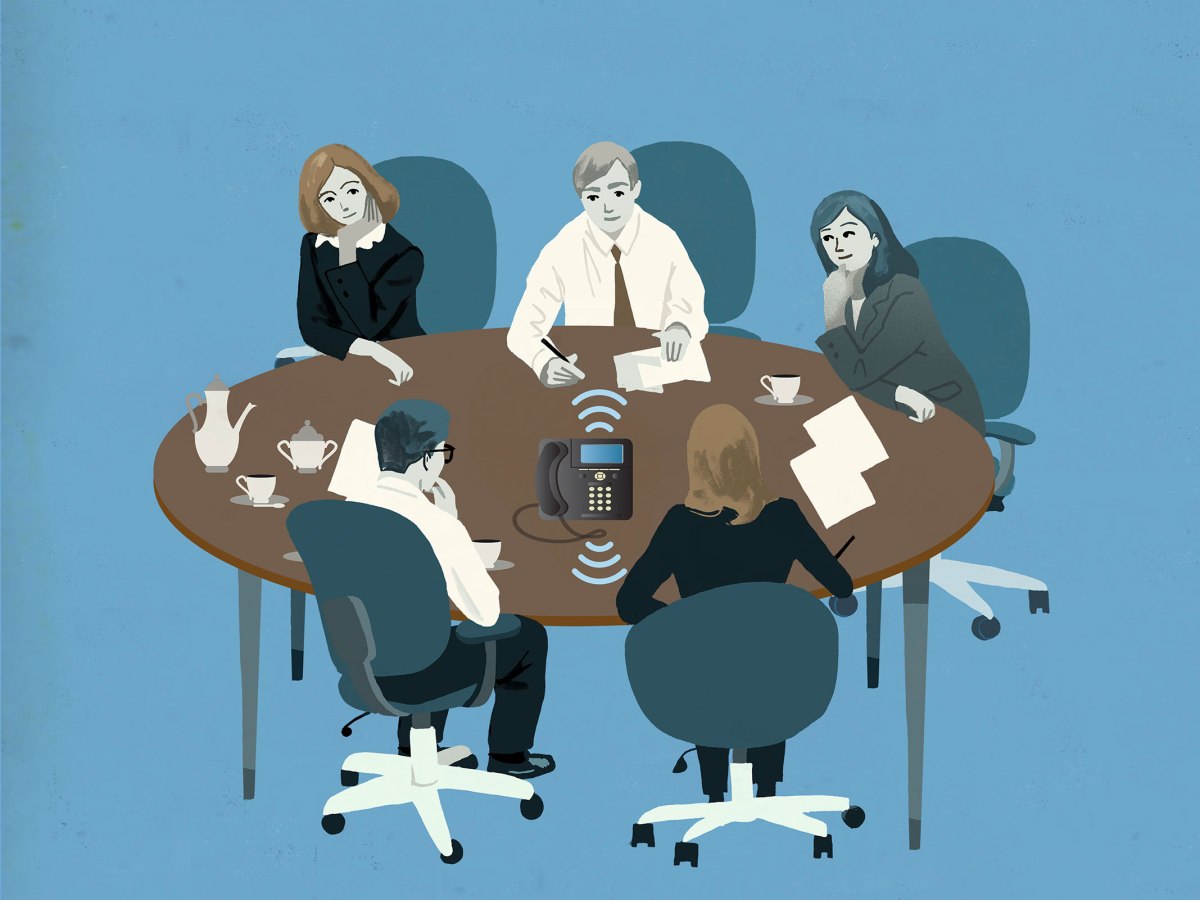In the decade-long fight to control CRISPR, the super-tool for modifying DNA, it’s been common for lawyers to try to overturn patents held by competitors. But now, in a surprise twist, the team that earned the Nobel Prize in chemistry for developing CRISPR is asking to cancel two of their own seminal patents, MIT Technology Review has learned.
The request to withdraw the pair of European patents, by lawyers for Emmanuelle Charpentier and Jennifer Doudna, comes after a damaging August opinion from a European technical appeals board, which ruled that the duo’s earliest patent filing didn’t explain CRISPR well enough for other scientists to use it and doesn’t count as a proper invention.
The decision could have major ramifications regarding who gets to collect the lucrative licensing fees on using the technology.Read the full story.
— Antonio Regalado
A tiny new open-source AI model performs as well as powerful big ones
What’s new: The Allen Institute for Artificial Intelligence (Ai2), a research nonprofit, is releasing a family of open-source multimodal language models, called Molmo, that it says perform as well as top proprietary models from OpenAI, Google, and Anthropic.
What it does: The organization claims that its biggest Molmo model outperforms OpenAI’s GPT-4o in tests that measure things like understanding images, charts, and documents. Meanwhile, Ai2 says a smaller Molmo model comes close to OpenAI’s state-of-the-art model in performance, an achievement it ascribes to vastly more efficient data collection and training methods.








/cdn.vox-cdn.com/uploads/chorus_asset/file/23957252/acastro_190204_1777_privacy_0002.jpg)


